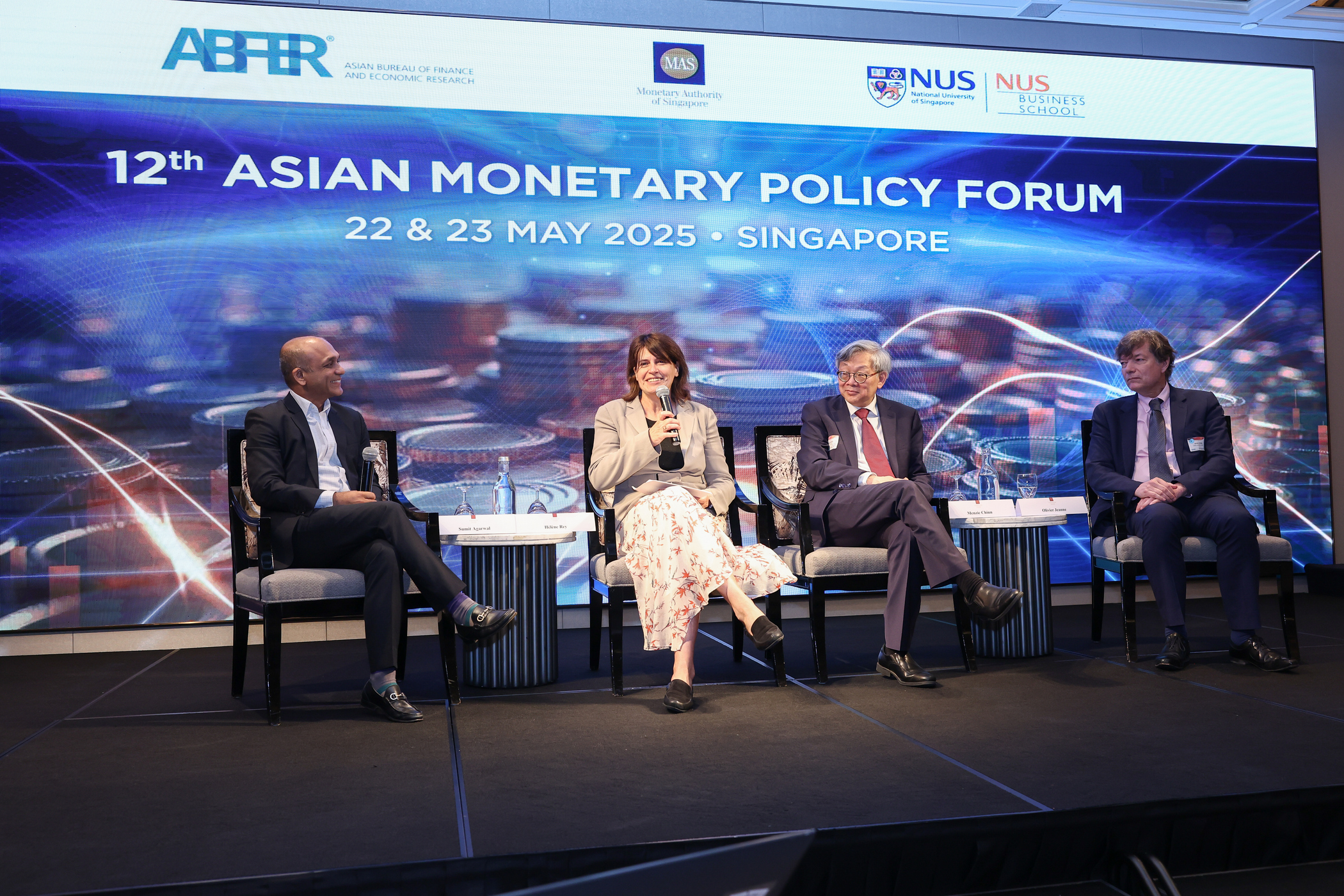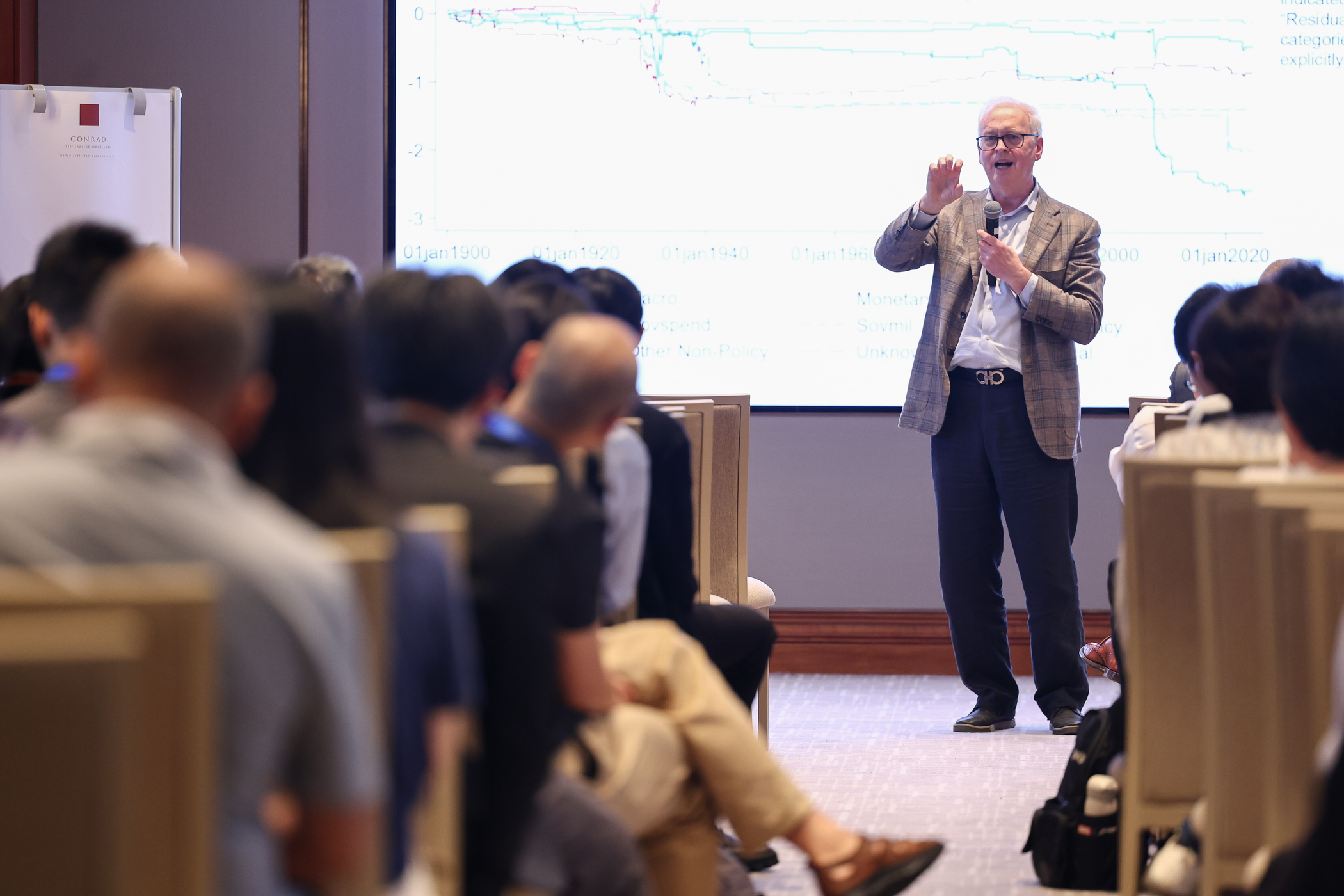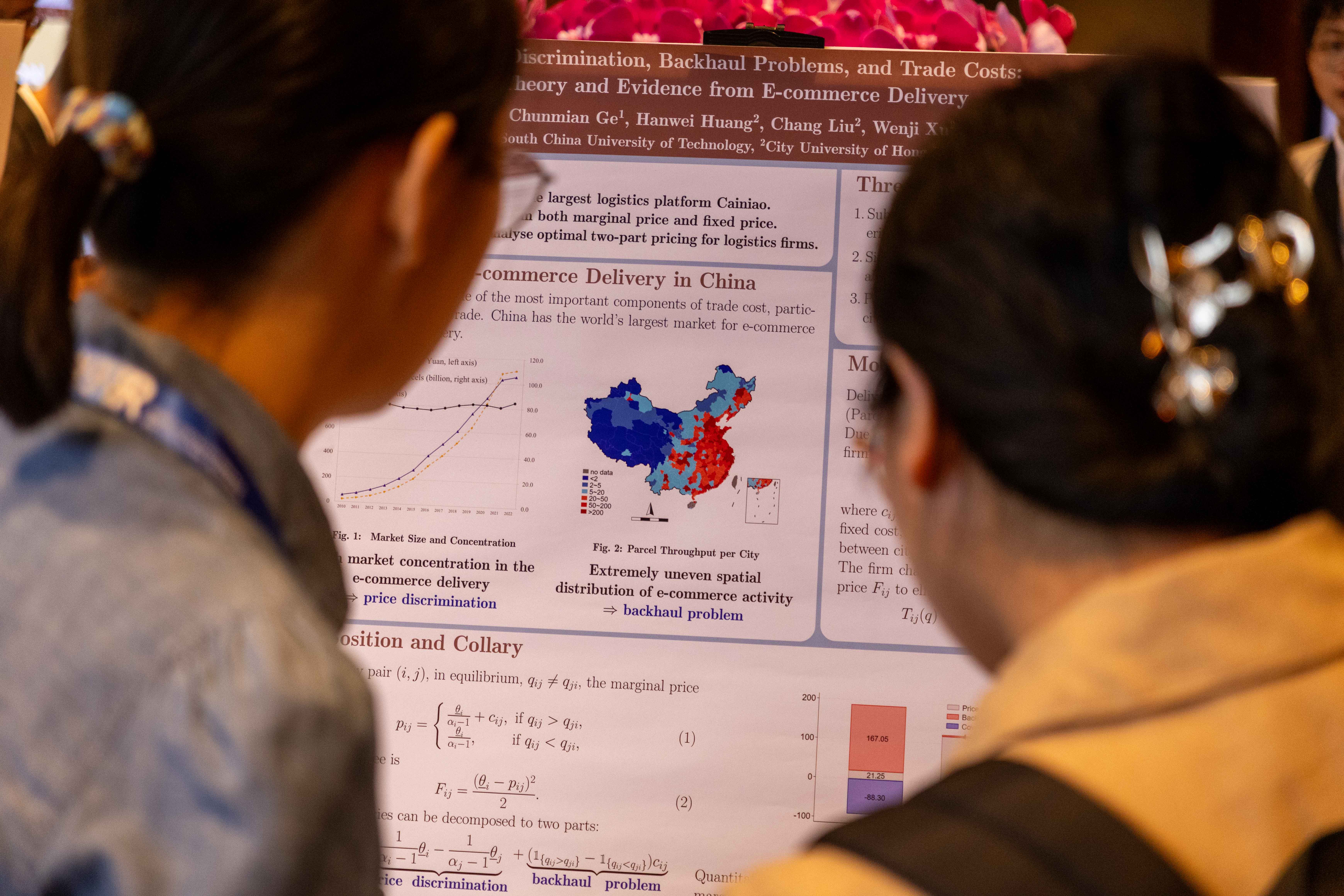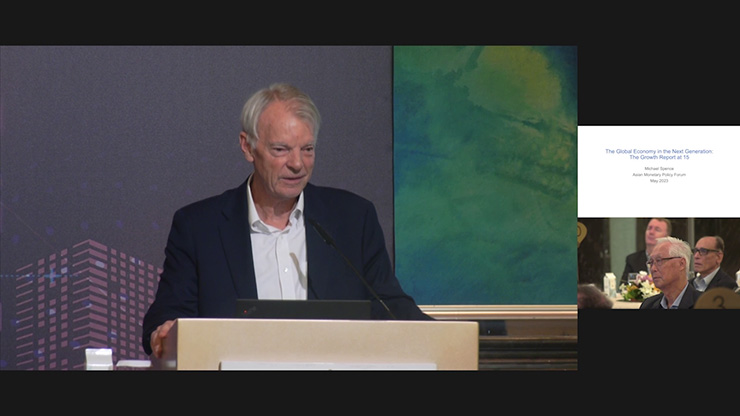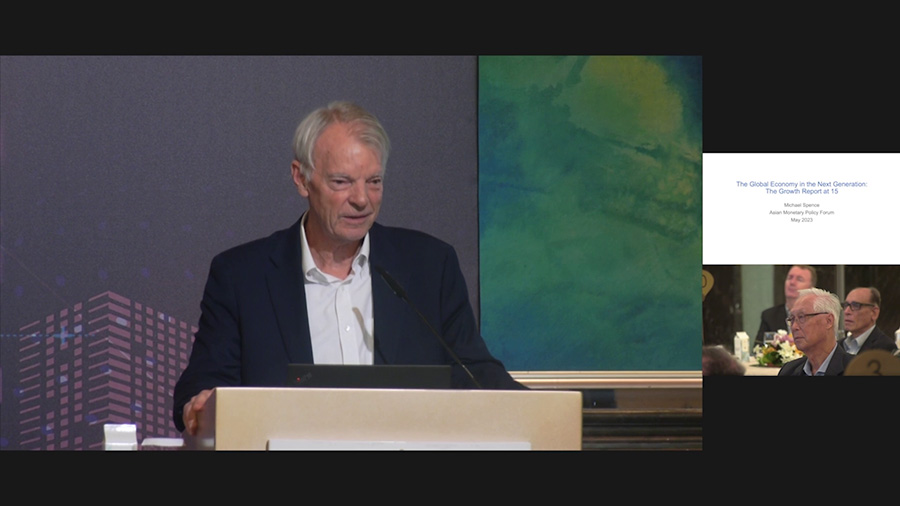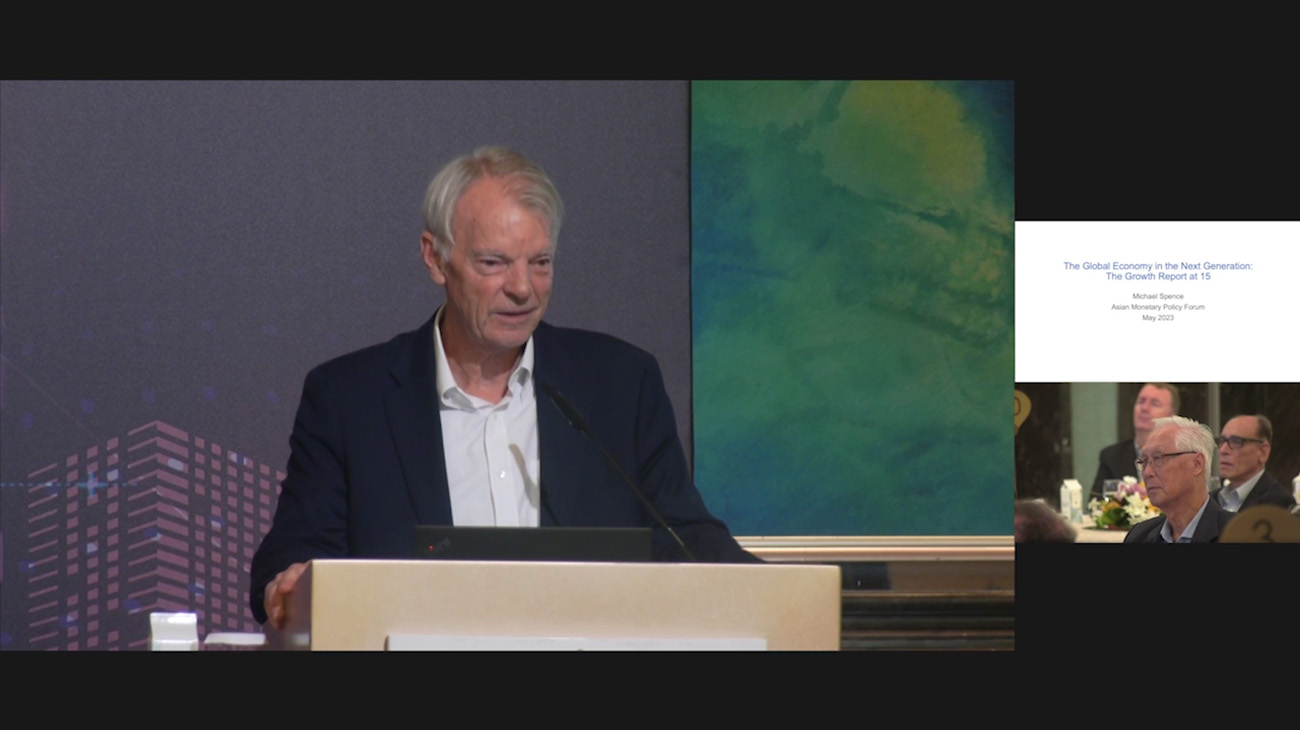ABFER Welcome Dinner
Keynote Speech by Professor Laura Veldkamp
Valuing Data as an Asset
In the twenty-first century, the most valuable firms in the world are valued primarily for their data. This makes data central to finance. Data is an important asset to price, it changes firm valuation, and it is a key consideration for an entrepreneur starting a new firm. The rise of the data economy is changing sources of revenue, competition and sources of risk. The industrial-age measurement and valuation tools commonly used in finance need updating for a new era. The goal of this talk is to describe a set of tools to measure and value data and point to unanswered questions, where more work is needed.
2024
Pan Pacific Singapore, 7 Raffles Boulevard, Marina Square, Singapore 039595
Speakers
-

Professor Laura VELDKAMP
Cooperman Professor of Finance and Economics, Graduate School of Business, Columbia University
Laura Veldkamp is a Professor of Finance at Columbia University's Graduate School of Business and is a former editor of the Journal of Economic Theory. Professor Veldkamp earned a B.A in applied mathematics and economics from Northwestern University, and a Ph.D. in economic analysis and policy from Stanford Graduate School of Business.
Prior to joining Columbia, she taught at NYU for 15 years. She is a faculty research fellow for the National Bureau of Economic Research and the Centre for Economic and Policy Research, and a frequent consultant for the New York and Minneapolis Federal Reserve Banks. She is also the author of the textbooks, Information Choice in Macroeconomics and Finance and The Data Economy: Tools and Applications (forthcoming, Princeton University Press).
Professor Veldkamp’s research focuses on how individuals, investors, and firms acquire, sell and use data, and how that data affects competition, the macroeconomy and asset prices. -
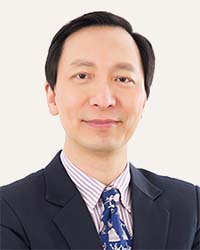
Professor Shang-Jin WEI
N.T. Wang Professor of Chinese Business and Economy, and Professor of Finance and Economics, Columbia University; Former Chief Economist, Asian Development Bank and Vice President, ABFER
Shang-Jin Wei is N.T. Wang Professor of Chinese Business and Economy and Professor of Finance and Economics at Columbia University’s Graduate School of Business and School of International and Public Affairs.
During 2014-2016, Dr. Wei served as Chief Economist of Asian Development Bank and Director General of its Economic Research and Regional Cooperation Department. He was ADB’s chief spokesperson on economic trends and economic development in Asia, advised ADB’s President on economic development issues, led the bank’s analytical support for regional cooperation fora including ASEAN+3 (China, Japan, and Korea) and APEC, growth strategy diagnostics for developing member countries, as well as research on macroeconomic, financial, labor market, and globalization issues.
Prior to his Columbia appointment in 2007, he was Assistant Director and Chief of Trade and Investment Division at the International Monetary Fund. He was the IMF’s Chief of Mission to Myanmar (Burma) in 2004. He previously held the positions of Associate Professor of Public Policy at Harvard University, the New Century Chair in Trade and International Economics at the Brookings Institution, and Advisor at the World Bank.
He has been a consultant to numerous government organizations including the U.S. Board of Governors of the Federal Reserve System, United Nations Economic Commission on Europe, and United Nations Development Program, the Asian Development Bank, and to private companies such as PricewaterhouseCoopers. He holds a PhD in economics and M.S. in finance from the University of California, Berkeley.
Dr. Wei is a noted scholar on international finance, trade, macroeconomics, and China. He is a recipient of the Sun Yefang Prize for Distinguished Contributions to Economics (for the invention of the Competitive Saving Motive published in Journal of Political Economy), the Zhang Peifang Prize for Contributions to Economics of Development (for pioneering work on measurement of global value chains published in American Economic Review), and the Gregory Chow Award for Best Research Paper; some of his research was supported by a grant from the U.S. National Science Foundation.
Dr. Wei’s research has been published in top academic journals including American Economic Review, Journal of Political Economy, Quarterly Journal of Economics, Journal of Finance, Review of Financial Studies, Journal of International Economics, and Journal of Development Economics, and reported in popular media including Financial Times, Wall Street Journal, Economist, Business Week, Times, US News and World Report, Chicago Tribune, South China Morning Post, and other international news media.
- 1
Session Format
40 minutes of keynote speech and 20 minutes for Q&A.
Supported by


